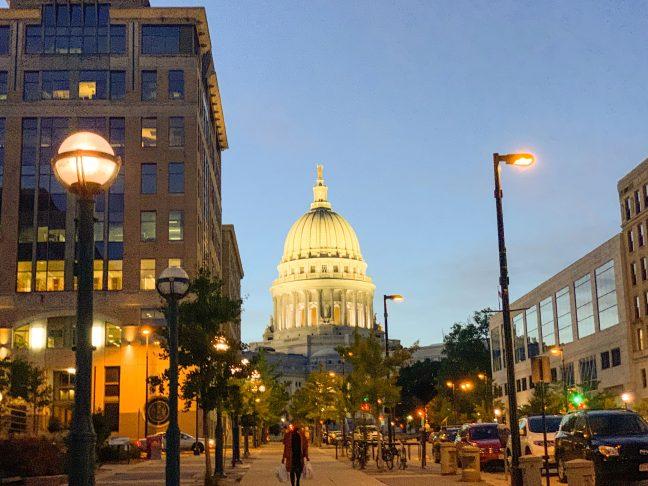A new bill has been proposed to enable Deferred Action for Child Arrivals recipients to quality for in-state tuition at Universities of Wisconsin schools, according to a press release from Wisconsin Rep. John Macco (R-Ledgeview). The proposal, titled Unlocking Employment, would also allow recipients to obtain professional licenses from the state.
DACA is a program that was established via executive action in 2012 under the Obama administration, according to U.S. Citizen and Immigration Services. The program permitted people who immigrated to the U.S. under the age of 16, also known as “Dreamers,” to make requests for deferred removal action. This means these individuals could stay in the U.S. and obtain work authorization for a two-year period, which could be renewed.
Campus Planning Committee ranks UW-Madison’s 2025-27 budget priorities
Director of the Immigrant Justice Clinic at the UW Law School Erin Barbato said that though DACA can help individuals obtain successful jobs, in many ways their ability to access higher education is made difficult by Wisconsin legislation.
“People who have DACA have achieved a lot of success in their lives, and are active members of our communities, have jobs, work in our schools, and even own property and have U.S. citizen children,” Barbato said. “But the access to higher level education within Wisconsin is much more difficult because they are not eligible for in-state tuition, despite them being similarly situated from other U.S. citizens who have lived in Wisconsin the same amount of time. It really puts barriers in front of them.”
Currently, regardless of their residency duration in Wisconsin, DACA recipients are ineligible for in-state tuition. In addition to proposing in-state tuition for Dreamers, the bill offers a biennial tax credit of $250 to offset the $495 fee recipients must pay every two years to renew their status.
City of Madison seeks input for State Street pedestrian mall experiment
In the press release, Macco said the legislation’s goal was to mitigate a workforce shortage. The bill focuses on removing barriers for DACA recipients to work and attend school in Wisconsin. Macco also said the proposal would attract out-of-state DACA recipients to the Wisconsin workforce.
The bill must pass through the Senate and the Assembly before it can be passed into law by Gov. Tony Evers. Barbato said the bipartisan nature of the proposal make increase its likelihood of passage.
“I think, especially as everybody can become more educated and informed about the people that do have DACA and the challenges that they face, that there is some hope in allowing these individuals to have additional resources and access,” Barbato said.














